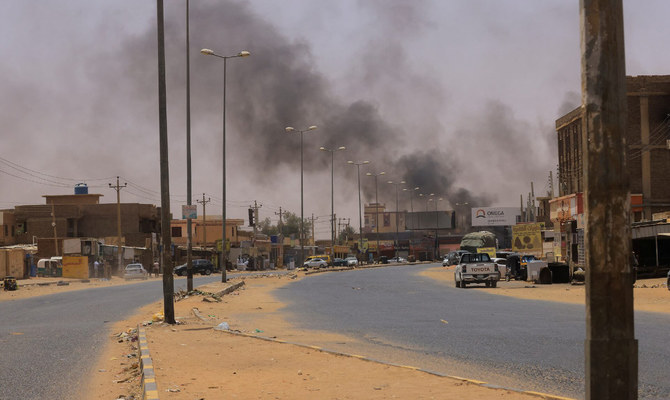
Refugee camps are some of the most densely populated spots in the world and are simultaneously some of the places with the worst medical infrastructure. For this reason, they pose a risk not only to their residents, who can hardly escape any given wave of infections from a disease like coronavirus, but also to the entire rest of the world because they can be ideal incubators for new viral variants. And nowhere is this the case more than in Cox’s Bazar in Bangladesh, where more than 1 million Rohingya who fled persecution by the military in their native Myanmar are all huddled together in a shanty megacity.
Fortunately, the authorities in Dhaka, along with their nongovernmental organization partners on the ground, have already begun a vaccination drive in Cox’s Bazar, but this effort may prove to be too little, too late. The delta variant is already ripping through the camp, with an estimated 20,000 cases and 200 deaths as of Aug. 10. Given the known infectiousness of the delta variant in particular, the exponential propagation pattern of COVID-19 in general and the population density in the camp, where self-isolation is not really an option for almost anyone, it seems more than likely that almost the entire refugee population in this camp will probably get infected.
The only silver lining in the numbers to come from Cox’s Bazar over the next couple of months is the fact that the refugee population in the camp is still relatively young and many will have already acquired some resistance to the virus from last year’s waves of infection, so death rates will likely not be the worst possible.
But that is also where the greatest risks come from. A large, densely populated pool of young people who will survive infection but also have some kind of partial prior resistance? This is the description of the perfect “challenge” to the virus to evolve ways to overcome already-established methods of immunity, both from prior infections and from partial vaccination, and to regain the upper hand in this global battle we are fighting against it. The worst part of all this is that this scenario was both perfectly predictable and actually foretold. We were calling for vaccines to be swiftly distributed to variant hothouses like refugee camps around the world even last year.
To be clear, this is not criticism of the government of Bangladesh, which has only recently been able to secure reliable access to vaccines, even as Western countries have been vaccinating their populations since January at least. Bangladesh itself is in little better shape overall from an epidemiological point of view than the refugee camps — it is one of the most densely populated countries in the world, is still relatively poor, has very patchy medical infrastructure, and its economy is dependent on direct personal interactions. Given this reality and also the political realities of being seen to give vaccine priority to the refugee population as opposed to the indigenous voters, the authorities in Dhaka can probably be judged to have started vaccinating the Rohingya refugees at the earliest possible opportunity.
The authorities have begun a vaccination drive in Cox’s Bazar, but this effort may prove to be too little, too late.
Dr. Azeem Ibrahim
Rather, this is squarely on the wealthy Western countries that have hogged the globally produced vaccine supply since December — both through priority deals with the manufacturers and through pricing out poorer countries like Bangladesh — and have also hogged the vaccine patents that impose some needless constraints on the global production of doses.
We recognized as early as last year that poorer countries with large, dense populations and inadequate healthcare capabilities were incubators for new variants and, sure enough, the most dangerous variants to emerge over the past 12 months have come out of Brazil and India. And still we insisted on vaccinating healthy young people in the West before we ever thought of redirecting those vaccine supplies to the places in the world where they were most acutely needed, and where they would actually help stem the tide of the pandemic globally.
How much longer do we have to wait until our leaders finally learn these lessons? How many more need to die and how many more variants will we allow to breed because of our irresponsible refusal to treat the pandemic as the global threat that it is?
Dr. Azeem Ibrahim is the director of special initiatives at the Newlines Institute for Strategy and Policy in Washington DC and author of “The Rohingyas: Inside Myanmar’s Genocide” (Hurst, 2017). Twitter: @AzeemIbrahim
Disclaimer: Views expressed by writers in this section are their own and do not necessarily reflect Arab News" point-of-view












